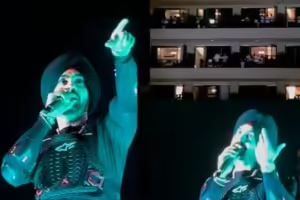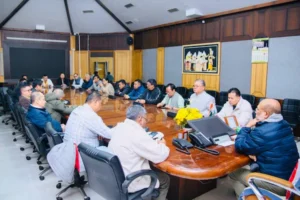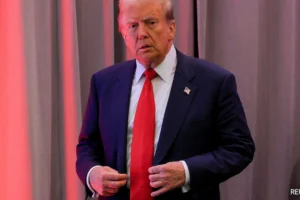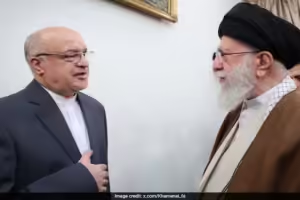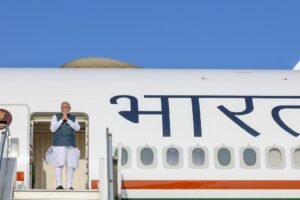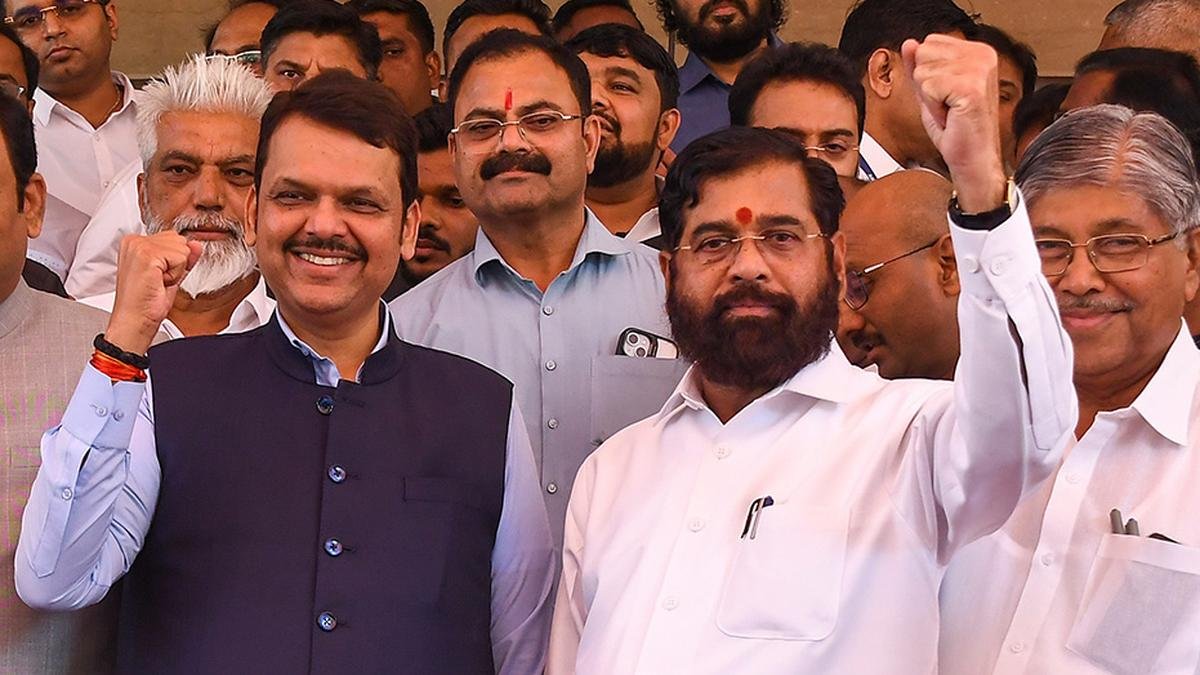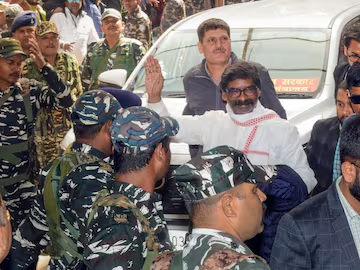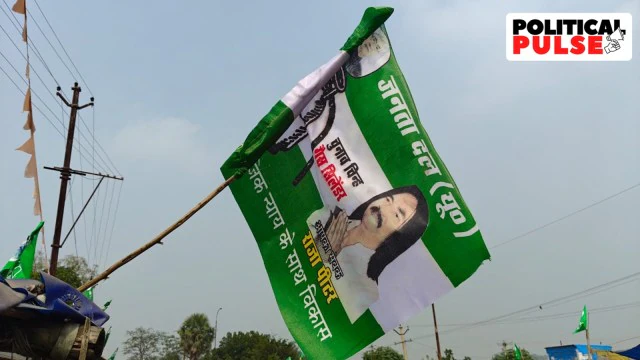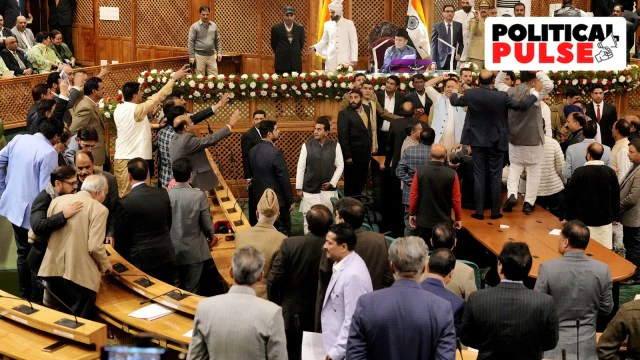A Reflection of Policy Paralysis in Maharashtra

Bank transfers before elections are nothing but the distribution of cash for votes and are a common issue in Maharashtra politics
Maharashtra politics are at a turning point, with monetary manipulations via the state machinery displacing the reformist agenda of electoral politics. Despite the fact that monetary incentives for votes are not new in Maharashtra politics, state policy did not systematically include them. Cash distribution was solely a political event.
Some political parties even criticized reservations, an affirmative action measure, as a freebie in previous decades when caste issues dominated electoral politics. Voters were given laptops, mixers, color TV sets, and other items in return for their loyalty to a political party. In contrast, Maharashtra was the first to implement programs like the Employment Guarantee Scheme in 1972, which paid workers for their labor. The Central government later accepted this as the Mahatma Gandhi National Rural Employment Guarantee Scheme.
Maharashtra’s Election-Era Schemes Highlight Policy Paralysis and Economic Concerns
There has been a shift since then, though, which is indicative of a lack of knowledge about economic matters and is typically seen when policy is paralyzed. The political class’s incapacity to create logical policies may be the cause of this shift in Maharashtra politics.
In the backdrop of the Assembly elections in Maharashtra, the ruling Mahayuti coalition announced the Majhi Ladki Bahin Yojana. Women who are residents of Maharashtra, aged 21 to 65 years, and have an annual family income of less than ₹2.5 lakh are eligible for this scheme. The Opposition, Maha Vikas Aghadi, could not counter it, so they announced a similar scheme in their manifesto, further intensifying Maharashtra politics.
It basically comes down to economic policy if politicians are unable to create jobs. Before elections, bank transfers are only a way to exchange money for votes. This is neither compensation nor a policy solution to the issues of poverty and unemployment, posing a serious issue in Maharashtra politics.
Traditionally, politicians engaged with the public to establish a constituency. Not anymore. Social media and post-truth narratives build broader constituencies. A constituency in modern politics is a demographic imagination of a subset of a population, such as youth or women. Earlier studies suggest that women were the last to be regarded independent voters and that most would vote for the family head. However, this is no longer the case. Without sensible policy, these imaginary constituencies will fade.
Shifting Political Strategies: From Demographic Imagination to Short-Term Gains
Political parties help ‘consolidate demographies’ under changing socio-economic conditions. This is different from ‘demographic imagination’, which involves negotiating with potential voters for a political party. The intricate process of ‘demographic imagination’ may change voters’ preferences and orientations. Building a political party’s clientele takes time. However, ‘consolidation of demographies’ would involve implementing that imagination through direct cash transfers or other freebies, which is a prominent feature of Maharashtra politics today.
Though liberal economic theory may seem to be at work in politics, citizens may soon feel progressive deprivation and demand a solid policy to improve their status. Women, like youngsters, are increasingly expecting jobs over ₹1,500-3000 per month. Gig-politicians will have to forgo short-term tactics and build their constituencies traditionally.
Mrudul Nile is Professor, Department Civics and Politics, University of Mumbai



 English
English Hindi
Hindi Kannada
Kannada Malayalam
Malayalam Tamil
Tamil Telugu
Telugu
